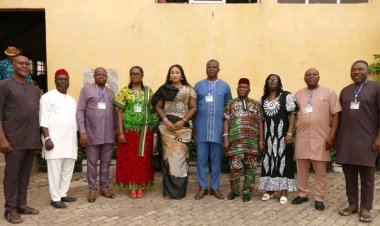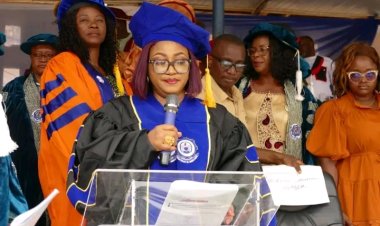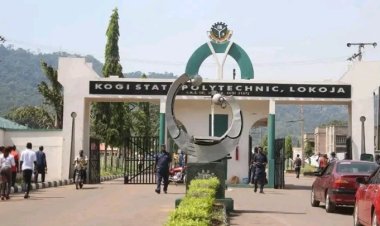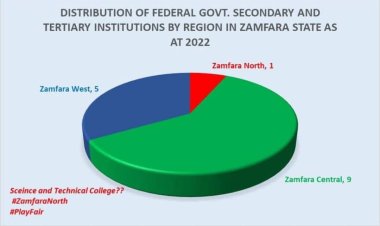Warning Signs of Unaccredited Courses Highlighted on Social Media
Social media users have engaged in discussions prompted by the post, sharing personal experiences and offering advice to prospective students on how to research and verify the accreditation status of their chosen courses.

A recent social media post has raised concerns about identifying unaccredited courses of study in Nigerian universities, shedding light on potential indicators that students should be aware of before enrolling. The post, which has gained popularity online, serves as a guide for students to recognize courses that may lack accreditation or proper academic supervision.
RECOMMENDED: Discrimination Against Polytechnic Graduates Sparks Debate in Nigeria
Students have shared some of these instances from their personal experiences.
"They will tell you that you can work anywhere after graduating," one point from the post reads, cautioning students against unrealistic promises of employment prospects.
Another highlighted issue is the quality of academic staff, with concerns raised about "unserious staff and borrowed lecturers," suggesting a lack of permanent departmental faculty.
"Course titles like Introduction to Farming in rural areas- Farm 101" was cited as an example, drawing attention to potentially unconventional or non-standardized course offerings.
The post also warns about administrative disorganization within departments, such as the practice of "Sharing HOD another department," indicating instability or insufficient leadership.
SUGGESTED: "ABSU is for Federal University Reject" - Nigerian Cambridge Scholar Criticizes ABSU Graduate
"When they tell you your set is the first to be admitted in the department," the post concludes, pointing out a possible lack of historical precedent or established academic track record.
Social media users have engaged in discussions prompted by the post, sharing personal experiences and offering advice to prospective students on how to research and verify the accreditation status of their chosen courses.

 Zita Ezechi
Zita Ezechi 



